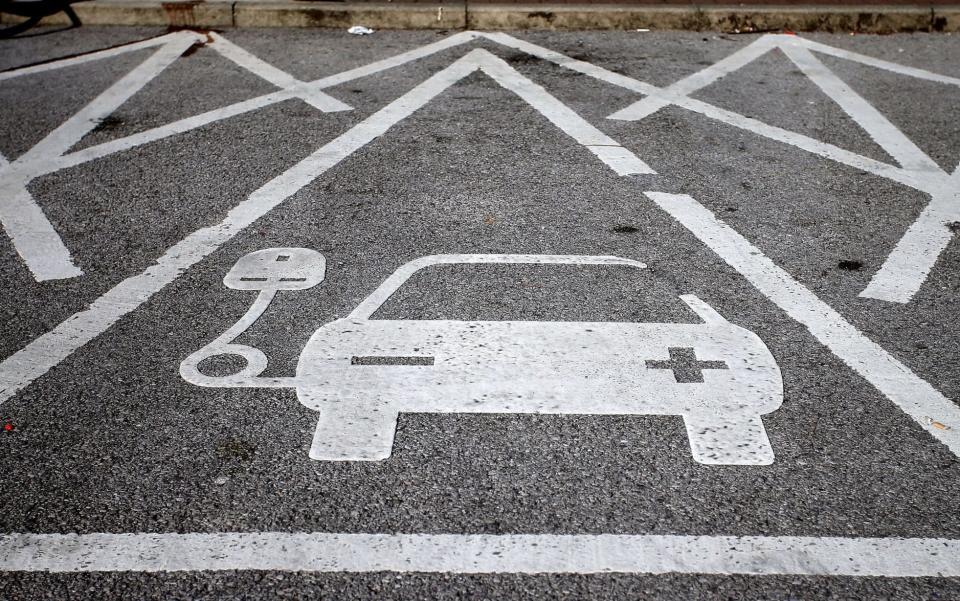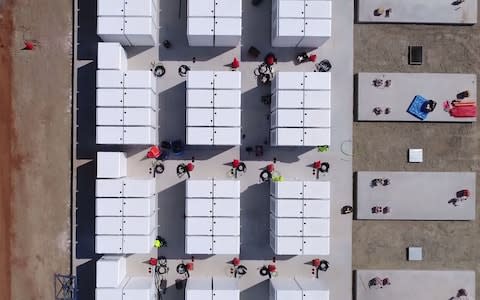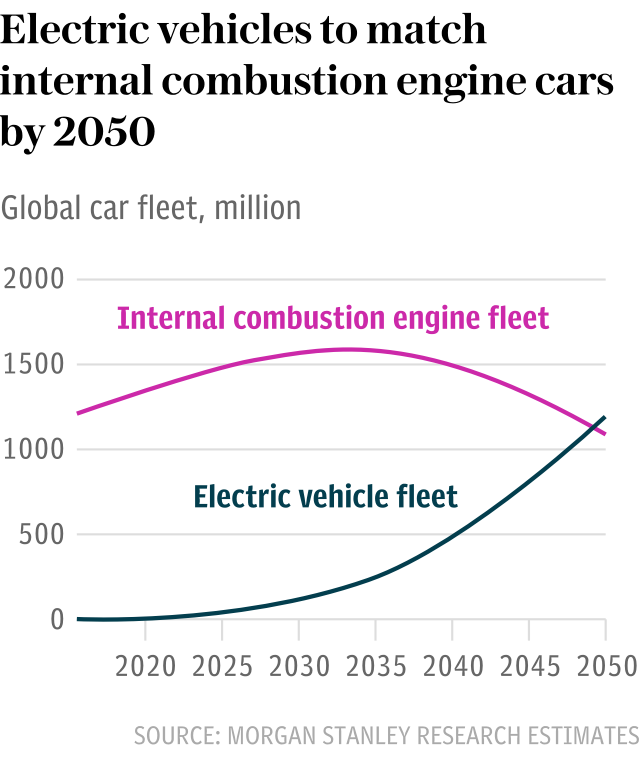World's largest battery and car-charging network planned for UK

The world’s largest battery and vehicle-charging network could roll out across British roads through a new £1.6bn scheme due to start in Southampton next year.
A brand new energy start-up has won the backing of a UK institutional investor, green energy multi-millionaire and National Grid for fresh plans to dot the UK with grid-scale 50MW batteries and rapid vehicle charging docks across 45 sites.
In total Pivot Power’s sites will connect enough new electricity capacity to power 23,000 homes directly to the transmission network over the next 5 years.
The major 2GW boost to British power supplies would provide the equivalent of two-thirds of the installed capacity of the Hinkley Point C new nuclear power plant in a quarter of the time and at a fraction of the cost.
Pivot Power, set up earlier this year to spearhead the plans, has secured financial backing from specialist investment house Downing for the first phase of the mega-project.

Its founders, Matt Allen and Michael Clark, told The Telegraph they are in talks with players in the emerging electric vehicle supply-chain and expect to sign up further backers in the coming months.
Mr Allen said: “The primary focus is on developing this network but in tandem we are engaging with the electric vehicle supply chain and there is an opportunity for charge points to operate under a different brand.”
Green Energy entrepreneur Michael Liebreich has also backed the project, which will open to individual retail investors through Downing from the autumn.
Pivot Power aims to roll out 10 of its mega-batteries within 18 months to power public rapid charging stations, electric bus depots and bases for large transport fleets.
The first site is expected to charge up by the middle of next year in Southampton, before others mushroom across East Anglia, the South West and densely populated areas of the South East too.
“Big problems require big solutions, and we are moving fast to put in place a unique network to support a clean, affordable, secure energy system and embrace the low-carbon economy,” Mr Allen said.

The burgeoning market for electric vehicles and batteries is expected to revolutionise the power market in the UK over the coming decades as efforts to phase out combustion engine vehicles gains traction.
Britain’s National Infrastructure Commission estimates that the ability to store and release power depending on the market price of power could save consumers £8bn.
The emergence of electric vehicles and batteries could also help National Grid balance the country’s demand for power against the ebb and flow of renewable power as it becomes available.
Graeme Cooper, of National Grid, said Pivot Power’s plans “will help accelerate adoption by providing a network of rapid charging stations across the country enabling cars to charge quickly, efficiently and as cost-effectively as possible”.
“It will also give the system operator more choice and flexibility for managing the demands in the day to day running of the network, and also help mass EV charging,” he added.

 Yahoo Finance
Yahoo Finance 